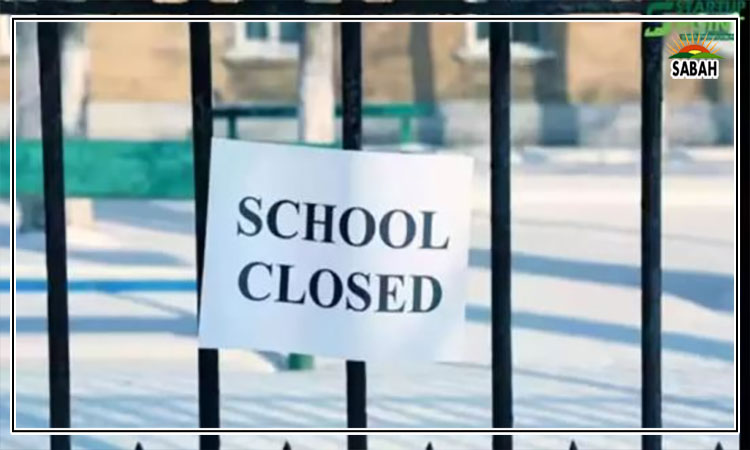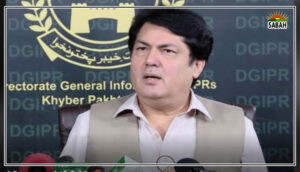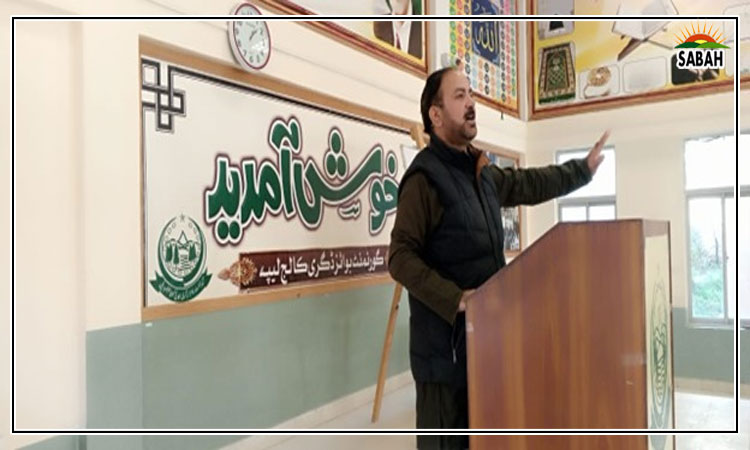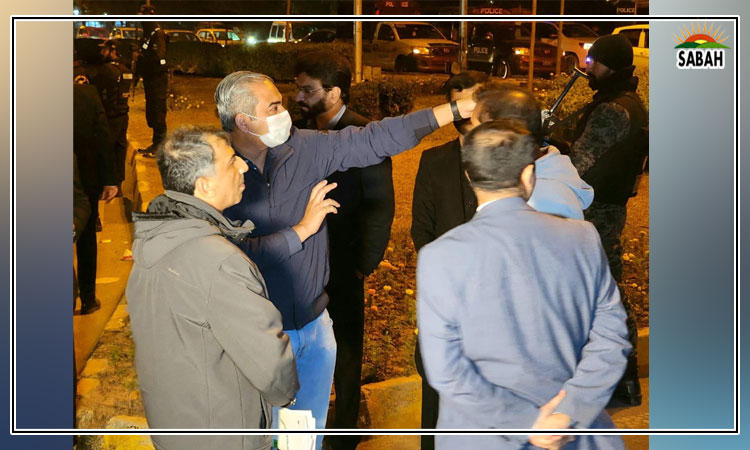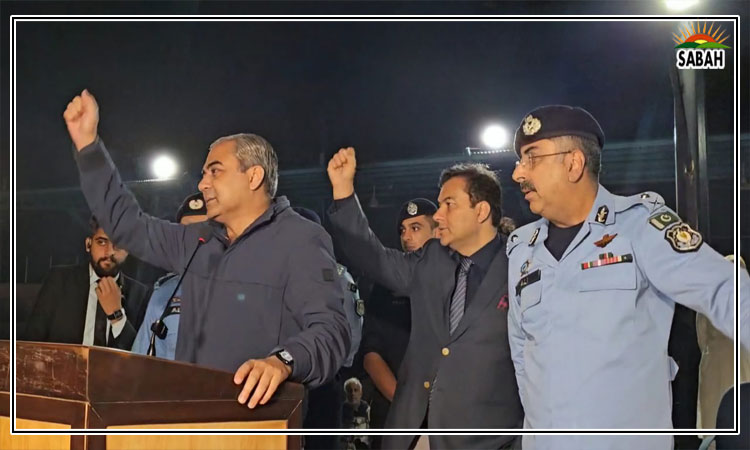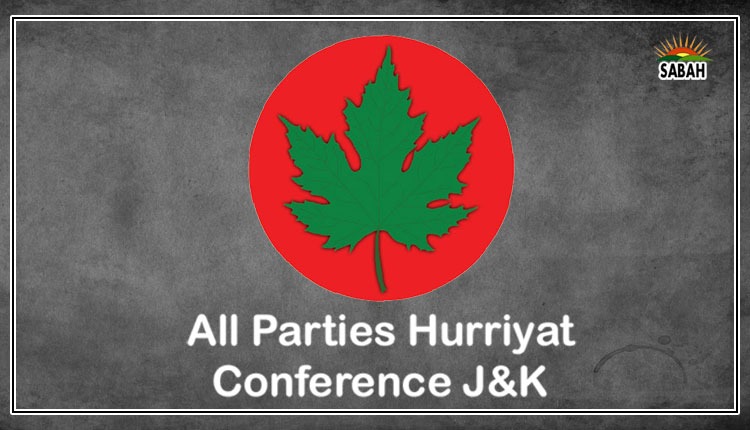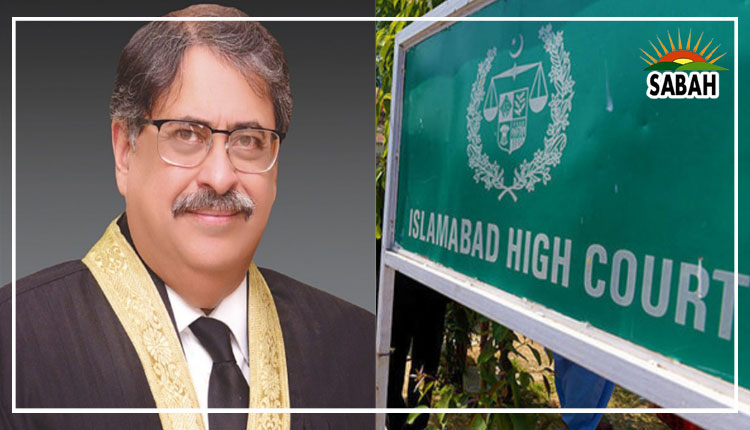CJ IHC Athar Minallah expresses severe displeasure at the practice of enforced disappearances
ISLAMABAD, Dec 13 (SABAH): Islamabad High Court Chief Justice Athar Minallah on Monday expressed severe displeasure at the practice of enforced disappearances, saying “chief executives” of the country were ultimately answerable for such acts and at one point wondered if they should be charged with Article 6 of the Constitution (high treason).
Justice Athar Minallah gave these remarks during an exchange with Attorney General of Pakistan Barrister Khalid Jawed Khan while hearing a petition filed by the family of missing journalist Mudassar Naaru.
In August 2018, Naaru went on vacation to the Kaghan valley, but has since been missing. He was last spotted near the Kaghan River. Initially, his family and friends thought that he may have accidentally fallen into the river and drowned, but his body was never found. Others began speculating that Naaru may have killed himself — a claim instantly rejected by the family, saying he had no signs of despair.
His family subsequently tried to register a first information report against “unidentified persons”. When the police refused to cooperate, they were forced to approach civil rights organisations but to no avail. A few months following his disappearance, one of his friends said he had spotted Naaru at a detention centre for ‘missing persons’.
In a previous hearing of the case, it had been asserted that Naaru, who was also a social activist and human rights defender, had been receiving threats allegedly from officials of state institutions before he went missing.
In the hearing on Monday, the IHC chief justice called enforced disappearances a “stain on Pakistan” and the “worst form of corruption” as he noted that former chief executives nowadays take pride in the practice by writing about it in their books.
“Had the state existed somewhere, why would the affected family need to approach the court, and why would we need to bring this to the prime minister’s notice?” the chief justice questioned.
The attorney general said that enforced disappearances would stop if a million people took to the streets, saying such a mass protest got the practice discontinued in Iran.
The judge remarked that Naaru’s family should have found justice before they approached the court. “We expected that the federal cabinet would do something after meeting children of the missing journalist.”
The attorney general said “our geography, unfortunately, warrants us to take into consideration national security as well.”
To this, Justice Minallah said the primary purpose of national security was the protection of citizens.
“Should we impose Article-6 on all chief executives in the missing persons’ case and begin their trial?” the chief justice wondered.
The attorney general explained that Article-6 cannot be implemented on those who were [previously] convicted under the same section.
“We can create a hall of shame with pictures of all former chief executives in it,” the chief justice remarked.
“Why just the ex-chief executives? All others should be added,” AGP Khan replied.
Justice Minallah also wondered if the press was able to report on enforced disappearances freely. “If the press was [indeed] independent, the pictures of missing person’s families would have been in paper every day.”
The attorney general sought additional time from the court, saying “I have never contested such a case in my life.”
The court granted four weeks to the attorney general to assist the IHC in the case and adjourned the hearing till January 18, 2022.


